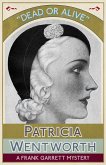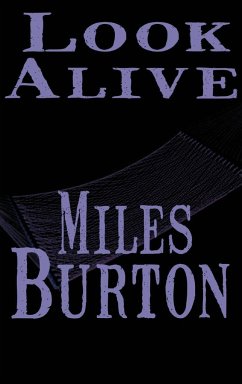The Dead Alive (also published as John Jago's Ghost) is based on the real-life 1819 Boorn Brothers case, where two men were wrongfully convicted of murder in Vermont. The story revolves around the disappearance of John Jago and the subsequent wrongful accusation of the Meadowcroft brothers. As tensions build within the Meadowcroft family, the narrative explores themes of justice, betrayal, and the failures of the legal system, ultimately questioning how truth can be obscured by false evidence and confessions.
Hinweis: Dieser Artikel kann nur an eine deutsche Lieferadresse ausgeliefert werden.
Hinweis: Dieser Artikel kann nur an eine deutsche Lieferadresse ausgeliefert werden.








